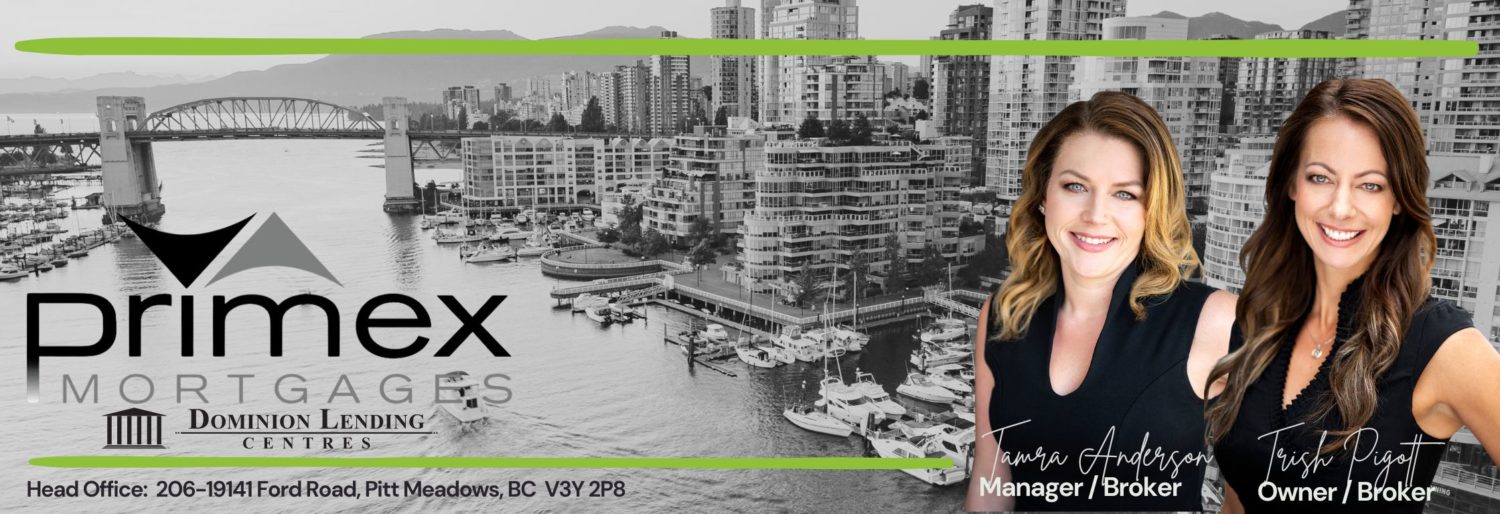If you have a job awaiting you on Canadian soil, it’s possible to also secure the purchase of a home if you plan ahead and connect with professionals before you even begin packing.
The main reason you’ll want to get in touch with the right professionals before you start to pack is to find out what important paperwork you’ll need to set aside to ensure smooth sailing through the home financing and purchasing processes.
Your first step should be to get in touch with an experienced mortgage professional. In doing so, you can set the home financing process in motion by securing a mortgage rate guarantee and pre-approval, and figuring out what supporting paperwork you need to provide to purchase a home in Canada.
The services of mortgage professionals are typically free – they are paid by lenders for bringing in new business. Mortgage professionals have access to multiple lenders – including banks, credit unions and trust companies – where they can compare products and rates, and find the ideal mortgage to meet your unique needs.
In most cases, Canadian mortgage lenders and insurers want to see employment letters that prove your offer of employment and salary in Canada. You must also have at least a 5% down payment for the home from your own resources – which means it has to be your own money, not borrowed or gifted. So, for instance, if you’re selling your home in another country and using some of the proceeds as a down payment on a home in Canada, you must be able to prove this.
Lenders and insurers also want to see that you have a solid credit history. Although requirements for this proof varies based on which insurer and lender your mortgage is funded through, your mortgage professional will be able to tell you exactly what documents you’ll need to provide. Often, an international credit bureau is sufficient to prove your credit history. If this is not available, you can also provide 12 months’ worth of bank statements, mortgage or rental payment receipts, utility or telephone bills, and so on. Again, there are several options from which to choose and your mortgage professional will be able to specifically tell you what a particular lender and insurer want to see.
You must also apply for landed immigrant status to get the ball rolling on securing your social insurance number (SIN), which is required before you begin working in Canada.
By securing mortgage financing prior to moving to Canada, all you have to do when you arrive is find a home. This will be an easier task when you already know exactly how much you can spend thanks to your pre-approval. And since your mortgage professional can put you in touch with a trusted real estate agent prior to your move, you will also be able to research homes before you arrive in Canada. Again, real estate agents do not typically charge a fee to find you a home to purchase.
By planning ahead before making your move, you truly can save yourself a lot of hassle and stress when it comes to securing mortgage financing and purchasing a home. And if you’re already living in Canada, many of the available New to Canada mortgage products apply to new immigrants who have been in the country for up to 36 months.
Paperwork to gather/set aside before packing:
- Proof of employment and salary in Canada
- Proof of at least 5% down payment from your own sources
- Government proof of residency application
- Copy of your immigration papers
- Copy of your passport
- Credit report
- Mortgage or rental payment receipts for the past 12 months
- Bank statements for the past 12 months
- Utility and phone bill payments for the past 12 months
